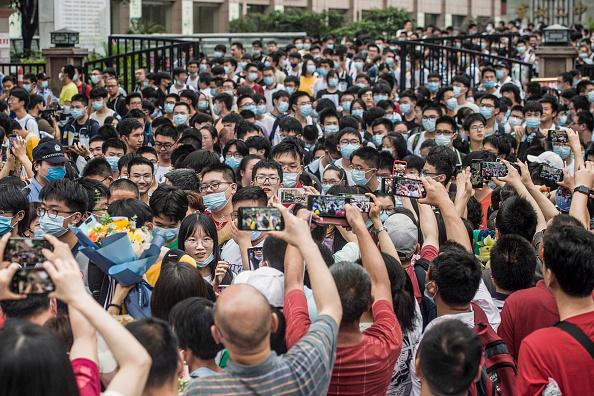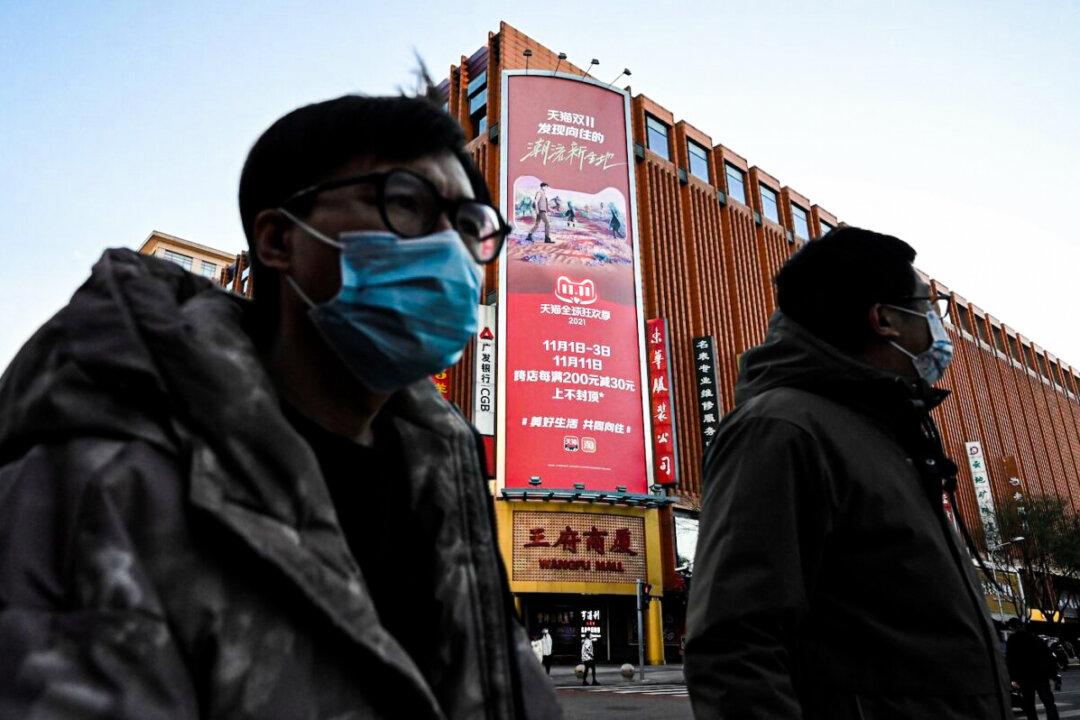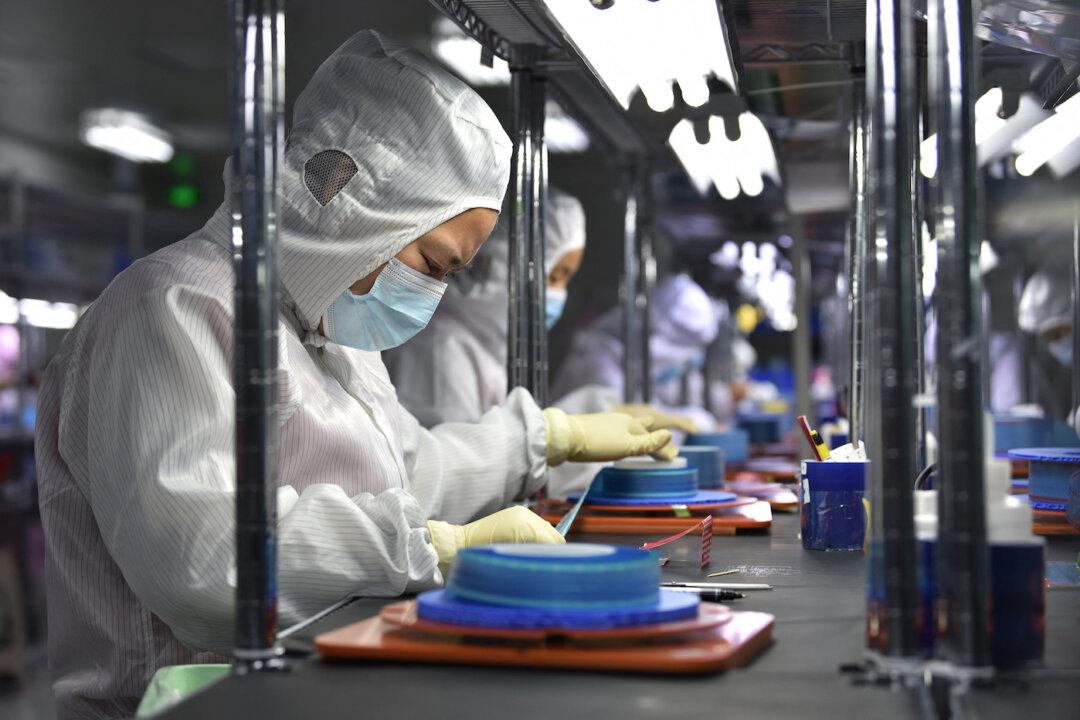Commentary
On July 24, Chinese Communist Party (CCP) leader Xi Jinping banned for-profit tutoring on core school subjects. I believe that such a move is related to the CCP’s strategic plan for China’s future education. Since the Mao Zedong era, the CCP has been fully aware that education pertains to its future successors.





